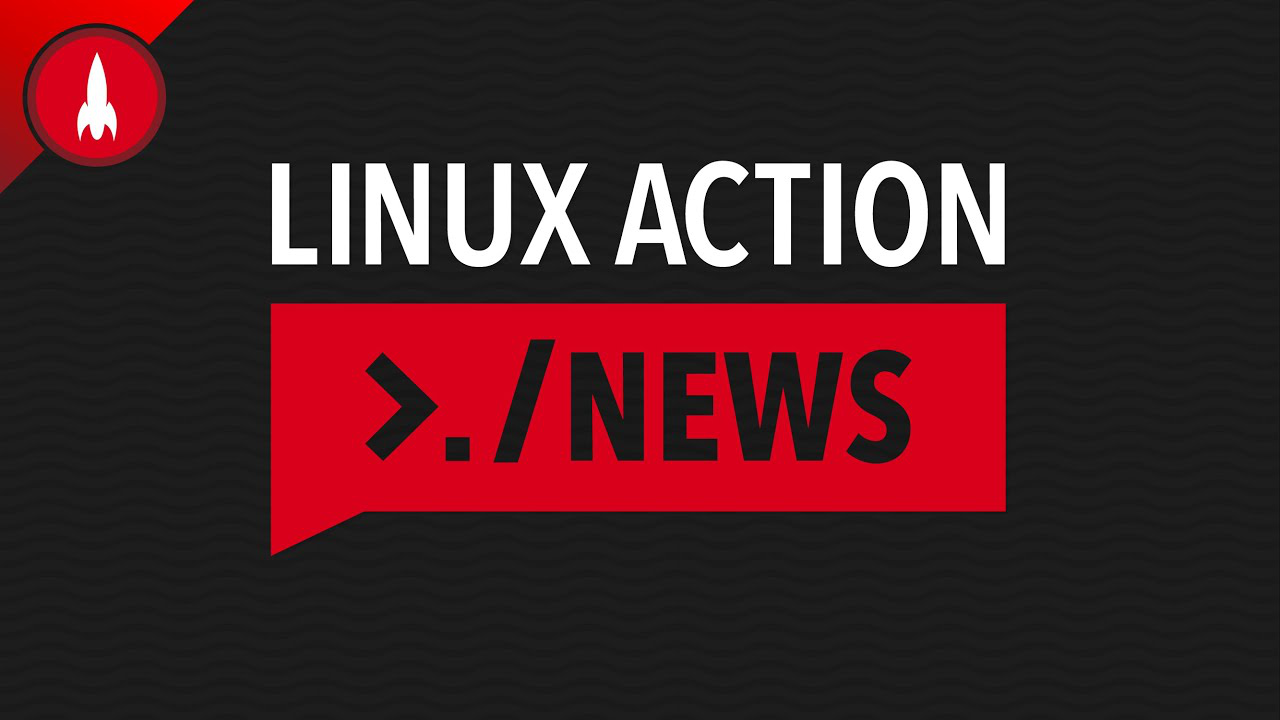82: Linux Action News
2 December 2018
Clear Linux doubles down on the desktop, Fedora 31 is likely canceled or delayed, and why Firecracker is being called the new "Docker killer".
Hosts
Episode Links
- Clear Linux now easier to try and to install — The addition of the desktop-live image itself is also certainly a welcome addition for those planning a desktop install rather than first having to install the basic Clear Linux without any desktop environment, especially if you first want to verify your system’s hardware support/compatibility before proceeding with the installation. From their downloads area the new images are the “live-desktop-beta” images.
- Fedora 31 Will Likely Be Cancelled Or Significantly Delayed — Following the release of Fedora 30 in May, there might not be another major Fedora Linux release for about one year’s time.
- Fedora may move to annual releases — Not formally drafted besides a mailing list thread, there is a new proposal about moving Fedora to an annual platform release following Fedora 30. This was suggested by Red Hat’s RHEL development coordinator, Brendan Conoboy.
- AMP Project’s new governance model now in effect — Two key features of AMP’s new governance model are the Technical Steering Committee (TSC) and the Advisory Committee (AC). We have endeavored to ensure that these committees consist of people who bring a wide variety of perspectives, with representatives from different AMP constituencies.
- Necuno Mobile: An open phone with Plasma Mobile — With a focus on openness, security and privacy, the Necuno Mobile is built around an ARM® Cortex®-A9 NXP i.MX6 Quad and a Vivante GPU. According to Necuno, none of the closed firmware has access to the memory.
- Linux Foundation and RISC-V Foundation Announce Joint Collaboration — This partnership with the Linux Foundation will enable the RISC-V Foundation to grow the RISC-V ecosystem with improved support for the development of new applications and architectures across all computing platforms.
- Firecracker mini VMs tipped to the next big thing — Firecracker can launch user space or application code in less than 125ms and microVMs at a rate of 150 per second per host. It churns out fairly compact microVMs too, with each requiring less than 5MiB of memory overhead, so thousands can co-exist on a single server.

